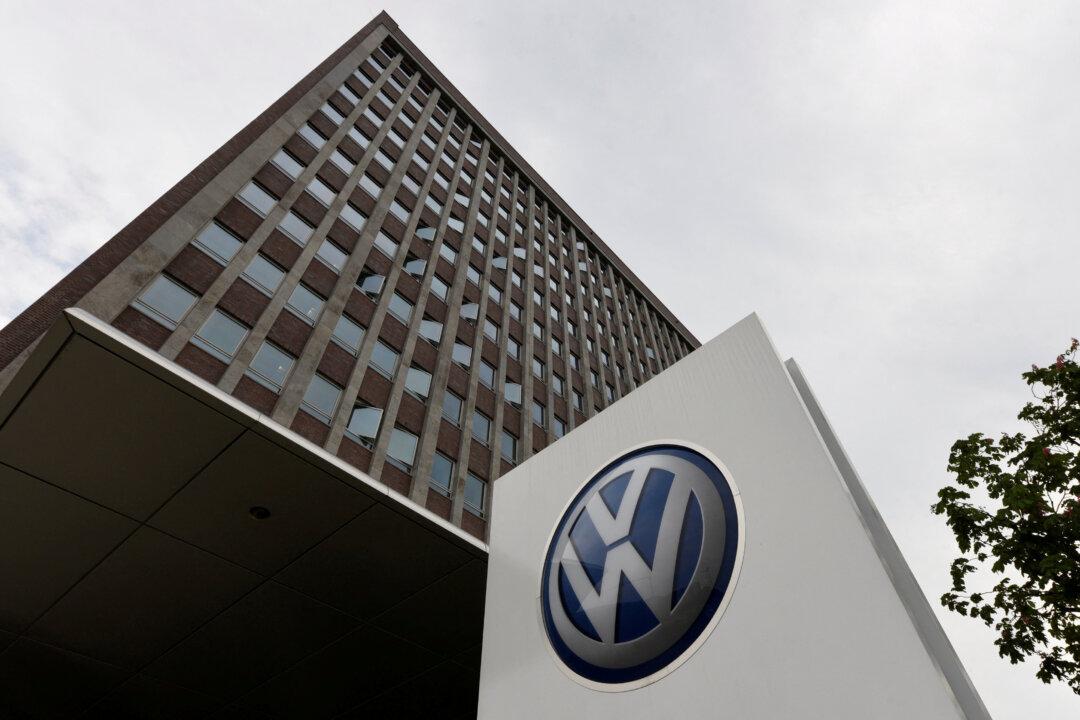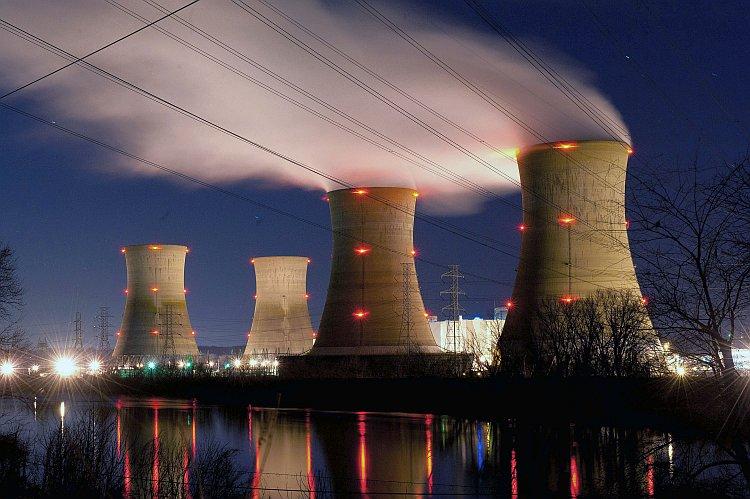The United States and the European Union will negotiate a revised trade agreement that could allow European manufacturers to receive U.S. tax credits for producing critical minerals such as lithium and nickel for electric car batteries.
Following a March 10 meeting at the White House between President Joe Biden and European Commission President Ursula von der Leyen, the leaders agreed to begin talks about the “Made in America” provision in the U.S. Inflation Reduction Act (IRA), which the EU maintains is “protectionist” and an obstacle in breaking free from dependence on Russian oil and gas.





